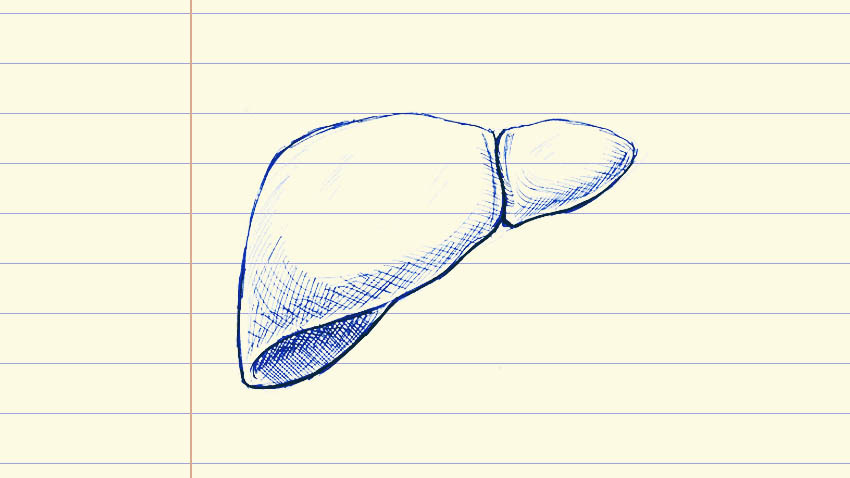
Scientists are trying to understand the link between diet and the development of non-alcoholic fatty liver disease, which affects more than 80 million Americans. Using mice, they’ve been able to recreate the development and progression of the disease by feeding them a diet high in fat and low in methionine and choline. At the cellular level, mice fed these diets show signs of stress in a structure called the endoplasmic reticulum or ER. That stress leads to the storage of excess fat in the liver. An important new study led by Meichan Yang, Lei Yin (Associate Professor of Molecular & Integrative Physiology), Xin Tong (Research Assistant Professor of Molecular & Integrative Physiology) of the Department of Molecular & Integrative Physiology and their colleagues further helps to explain this process. You can learn more on M Health Lab.
